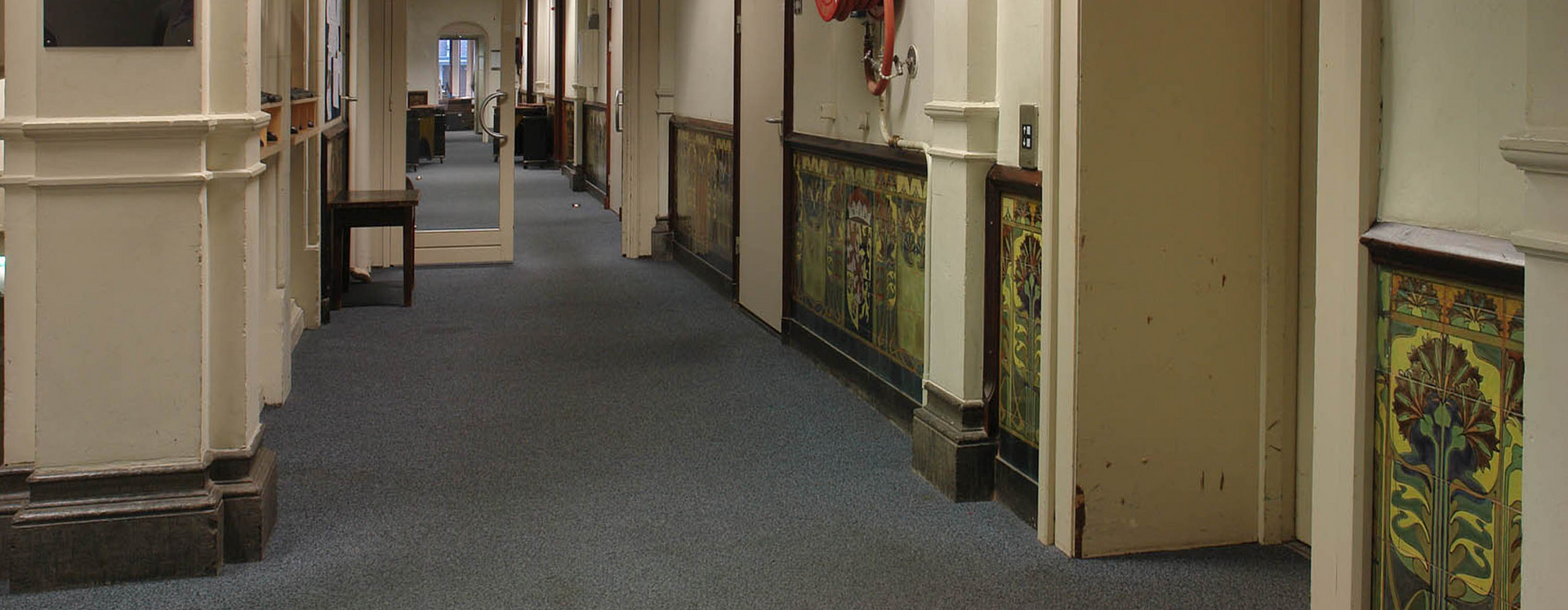Clemens Kemme
A New Version of Mozart's Requiem: Why And How?
Any attempt at completing an unfinished musical masterpiece is likely to meet with scepticism. In cases like Schubert’s Unvollendete Symphony this scepticism is justified, not so much because it is unlikely that anybody might ever compose a satisfactory completion, or because it would be morally objectionable to even try, but simply because such works can be performed in their unfinished state. Mozart’s Requiem fragment, however, is practically unperformable. That is why the work simply had to be completed by another hand in order for its commission to be fulfilled and its performance history to begin.
From its earliest performances, the Requiem’s completion by Mozart’s assistant Franz Xaver Süssmayr has been heavily criticized. However, none of the various recent alternatives have proved so satisfactory as to threaten its position as the ‘official’ version of the Requiem. My own version, written at the invitation of the Netherlands Bach Society and the Orchestra of the 18th Century, offers a new alternative. The outcome of a thorough study of Mozart’s other vocal and orchestral music and that of influential predecessors and contemporaries, it has been made in full awareness of the impossibility of achieving a perfectly ‘Mozartean’ completion. Even the most seamless additions will be provisional ones, encouraging further debate on Mozart’s artistry.
In my lecture I will talk about how I went about the two tasks at hand: orchestrating Mozart’s choral movements and revising the movements written by Süssmayr.
Clemens Kemme has recently made a new completion of Mozart’s Requiem, which will be played at the evening concert. Kemme teaches harmony, analysis, and arranging at the Conservatory of Amsterdam. He is preparing a dissertation on the completion of Mozart’s Requiem and Mass in C minor, K.427.
